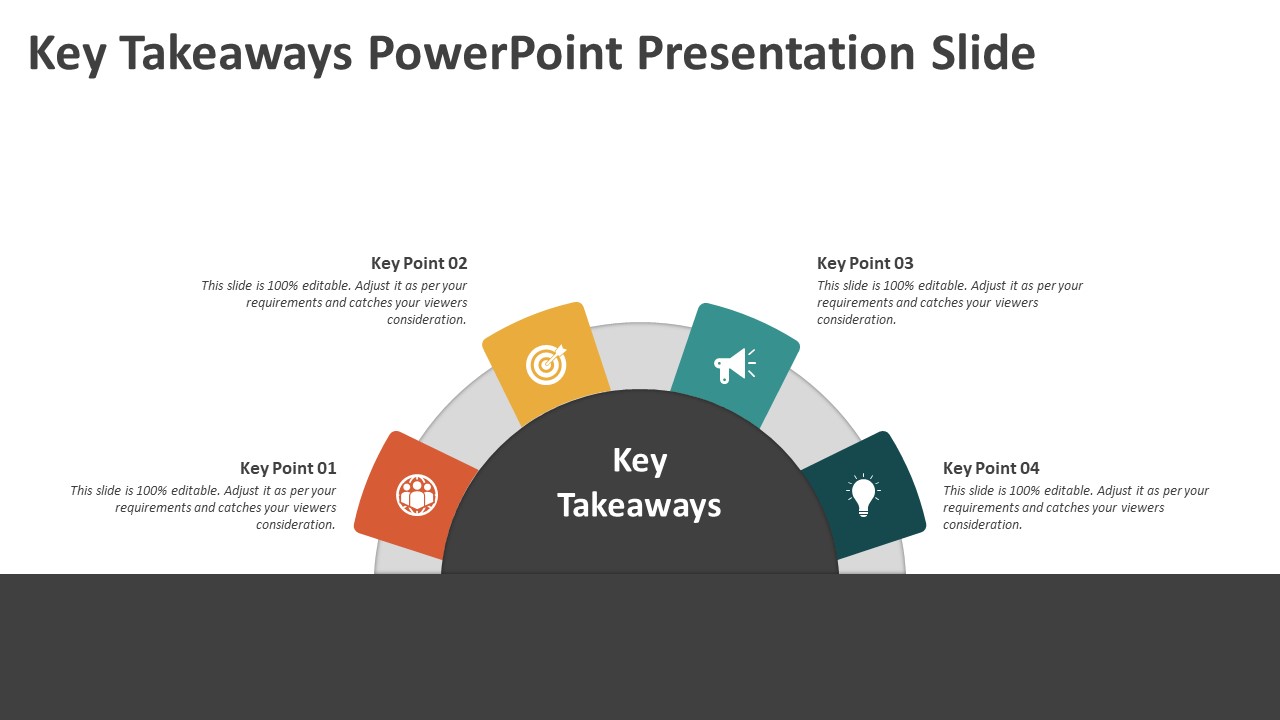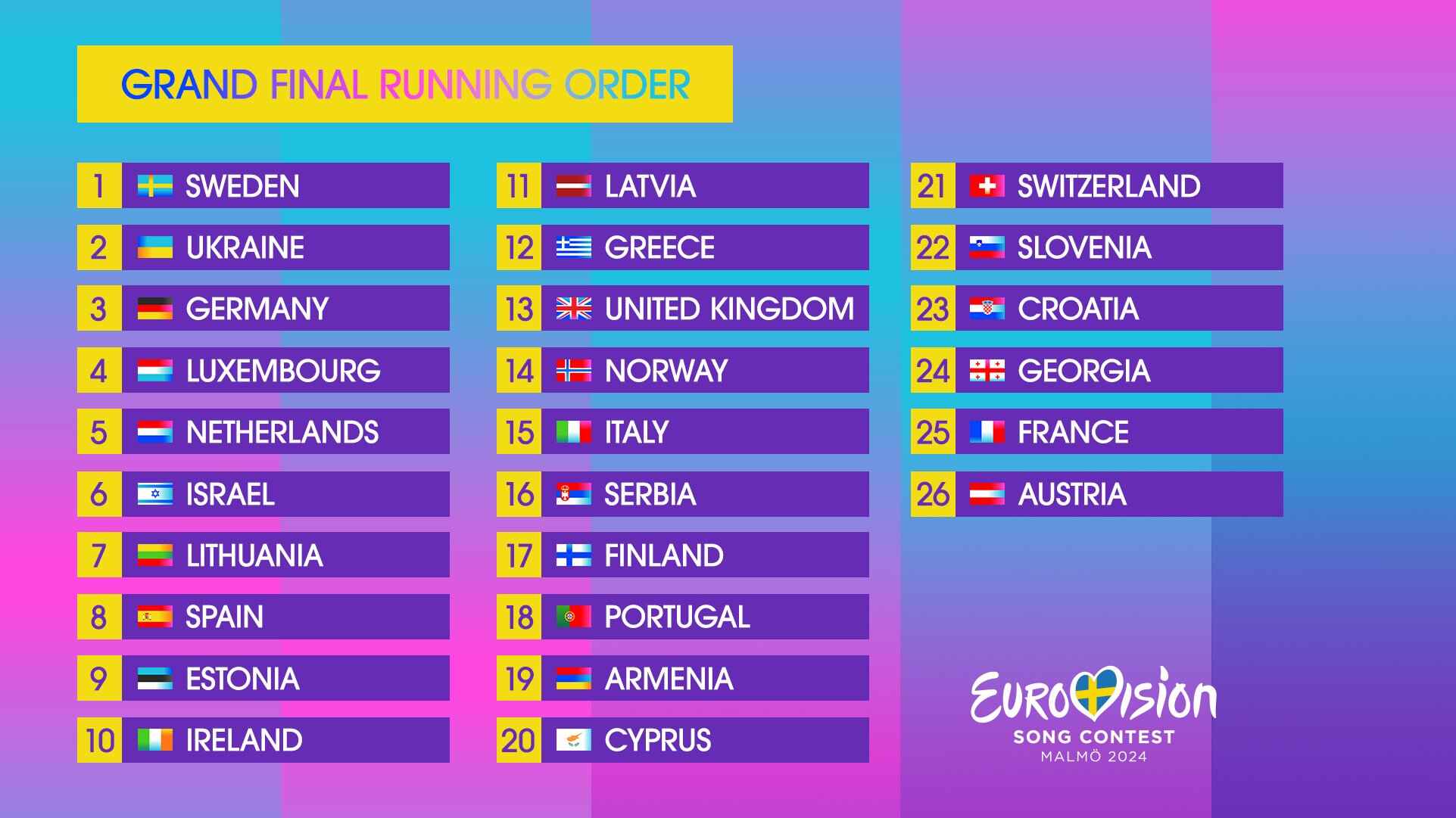UK Eurovision Entry: A Candid Admission Before The Contest

Table of Contents
The Pressure Cooker: Expectations and Past Performances
The weight of expectation on the UK's Eurovision entry is immense. Years of fluctuating results – from near misses to disappointing last-place finishes – have created a complex narrative surrounding the UK's participation in the Eurovision Song Contest. The UK Eurovision performance is heavily scrutinized by the media and the public alike, with every note, lyric, and stage move dissected and debated. The pressure to reverse the trend of underperformance weighs heavily on the shoulders of the chosen artist and their team.
- 1997: Katrina and the Waves' victory remains a high point, showcasing the potential for UK success.
- 2022: Sam Ryder's second-place finish was a significant improvement, boosting hopes for future success and demonstrating the power of a strong performance and social media engagement.
- Past Failures: Analysing past failures, often linked to song choice and stage production, is crucial to understanding the challenges faced by the UK. The reasons for underperformance are multifaceted, ranging from poor song selection to ineffective staging, and even the unpredictable nature of the Eurovision voting system itself. The impact of public opinion and media narratives in the lead-up to the contest cannot be underestimated.
This Year's Entry: Strengths, Weaknesses, and Potential Pitfalls
Let's dissect the UK Eurovision song 2024. While specifics are kept under wraps until the official reveal, hypothetical analysis based on rumours and leaks can provide some insight. (Replace this with actual details once the entry is revealed). Consider the following points to understand potential strengths and weaknesses:
- Song Analysis: (Replace with specifics: Genre, lyrical content, melody, and originality). Is it catchy enough for a broad European audience? Does it resonate emotionally?
- Artist Assessment: (Replace with specifics: Vocal ability, stage presence, charisma). Can the artist command the stage and connect with viewers across different cultures?
- Visual Presentation: (Replace with specifics: Staging, choreography, costumes, lighting). A visually captivating performance is essential in the Eurovision Song Contest. Does the staging enhance the song, or detract from it?
- Potential Challenges: (Replace with specifics based on potential weaknesses). Does the song have any lyrical or musical elements that might alienate certain demographics? Could any aspects of the performance be perceived as dated or cliché?
A Realistic Assessment of the UK's Chances
Predicting Eurovision success is notoriously difficult. While the Eurovision betting odds provide a snapshot of public sentiment, they are not definitive predictors of the outcome. The competition is fierce, with many countries consistently delivering high-quality performances and engaging songs. The Eurovision winner predictions are always speculative.
- Competitive Landscape: Assessing the strengths and weaknesses of other competing countries is vital. (Replace with analysis of actual competitors once available). This includes considering their song quality, artist appeal, and potential voting blocs.
- Voting Patterns: Understanding voting patterns is critical. Neighbouring countries often vote for each other, but unpredictable factors such as cultural affinity and song appeal can significantly influence the final result.
- Possible Outcomes: Considering a range of possible outcomes, from a top-ten finish to a less successful result, helps provide a balanced and realistic assessment of the UK's chances.
Beyond the Competition: The Cultural Impact of Eurovision
Eurovision is more than just a singing contest; it's a celebration of European unity and cultural exchange. The Eurovision community brings together diverse cultures and fosters a sense of shared identity. The contest's impact extends beyond the competition itself, promoting international understanding and appreciation for diverse musical traditions.
Conclusion
The UK's Eurovision entry faces significant challenges, but also possesses potential for success. This candid analysis highlights the pressures, expectations, and various factors that contribute to the ultimate outcome. From analysing past UK Eurovision results to assessing the strengths and weaknesses of this year's entry, the journey to Eurovision success is complex and unpredictable. While a win isn't guaranteed, a strong performance and strategic approach can significantly improve the UK’s chances.
What are your thoughts on the UK Eurovision entry this year? Share your predictions and analysis in the comments below!

Featured Posts
-
 Celtics Defeat Cavaliers 4 Key Takeaways From Derrick Whites Heroics
Apr 30, 2025
Celtics Defeat Cavaliers 4 Key Takeaways From Derrick Whites Heroics
Apr 30, 2025 -
 Summer Slides 2025 A Fashionable And Functional Guide
Apr 30, 2025
Summer Slides 2025 A Fashionable And Functional Guide
Apr 30, 2025 -
 Poilievres Defeat Conservative Leader Loses Own Seat Cbc Reports
Apr 30, 2025
Poilievres Defeat Conservative Leader Loses Own Seat Cbc Reports
Apr 30, 2025 -
 Eurovision 2025 Semi Finalists The Complete Running Order
Apr 30, 2025
Eurovision 2025 Semi Finalists The Complete Running Order
Apr 30, 2025 -
 Famosos Que Surpreenderam O Brasil Com Visitas Inesperadas Mais Que Angelina Jolie
Apr 30, 2025
Famosos Que Surpreenderam O Brasil Com Visitas Inesperadas Mais Que Angelina Jolie
Apr 30, 2025
